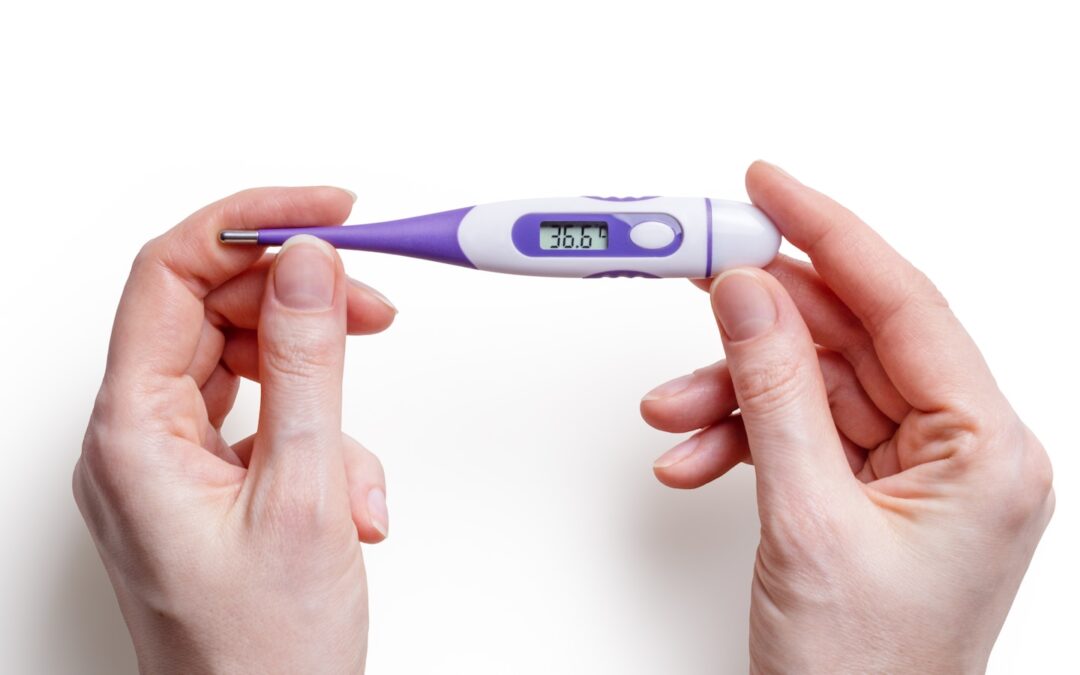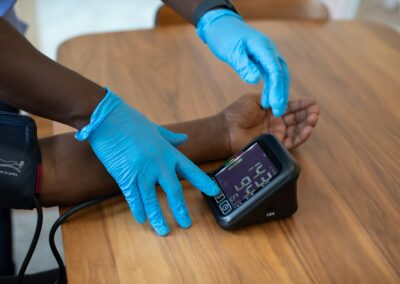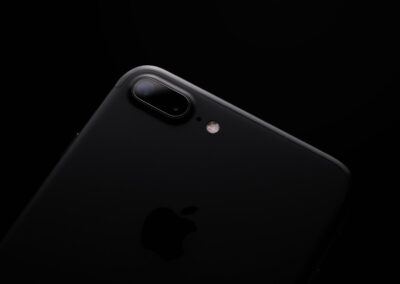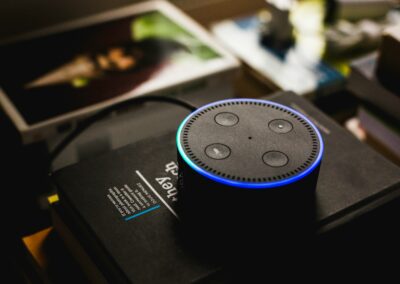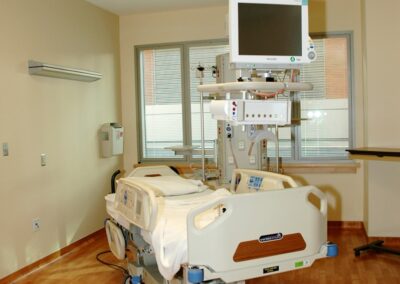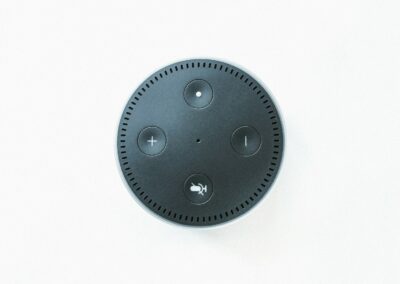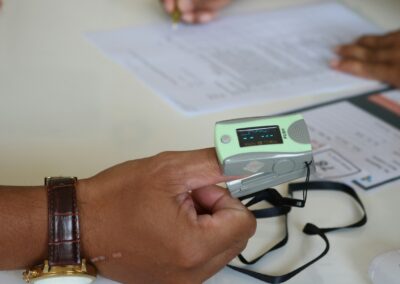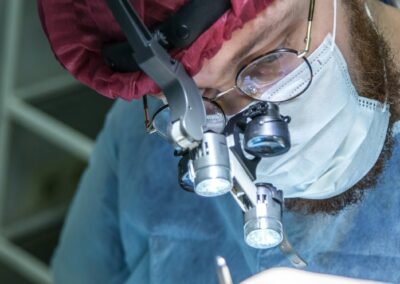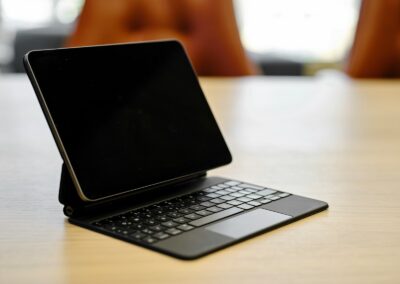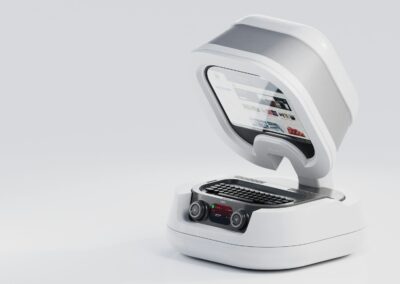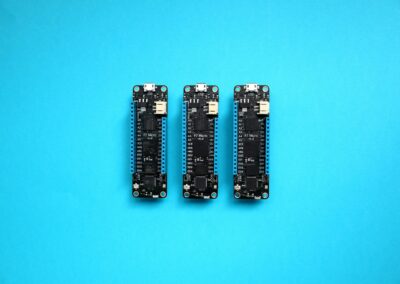Revolutionizing Healthcare through IoT Connectivity
The Role of IoT-Based Connectivity in Medical Devices
The integration of IoT-based connectivity in medical device is transforming healthcare settings, significantly enhancing the interoperability and efficiency of medical systems. In modern healthcare environments like those in Riyadh and Dubai, where the seamless operation of various medical devices is crucial, IoT technology plays an indispensable role. By leveraging IoT solutions, healthcare providers can ensure that different medical devices communicate effectively, allowing for a more coordinated and accurate approach to patient care.
IoT-based connectivity enables medical devices to exchange data in real-time, creating a unified and integrated healthcare system. For instance, a patient’s vital signs monitored by a wearable device can be instantly transmitted to electronic health records (EHRs), ensuring that healthcare providers have up-to-date information at their fingertips. This seamless data flow between devices reduces the risk of errors, improves the accuracy of diagnoses, and enhances the overall quality of care. Furthermore, IoT-enabled interoperability ensures that medical devices from different manufacturers can work together without compatibility issues, fostering a more collaborative and efficient healthcare environment.
Improving Interoperability with IoT Solutions
One of the most significant benefits of implementing IoT-based connectivity in medical devices is the enhancement of interoperability. In traditional healthcare settings, medical devices often operate in silos, with limited ability to communicate with one another. This lack of interoperability can lead to delays in care, increased administrative burden, and potential errors in patient data. However, IoT technology addresses these challenges by enabling seamless communication between devices, regardless of their manufacturer or platform.
In healthcare hubs like the UAE and Saudi Arabia, where the adoption of cutting-edge technology is a priority, IoT-based solutions provide a critical advantage. These solutions allow for the integration of various devices into a cohesive system, ensuring that all aspects of patient care are connected and synchronized. For example, a patient’s blood glucose monitor can automatically communicate with an insulin pump, adjusting dosages based on real-time data, without the need for manual input. This level of interoperability not only improves patient outcomes but also streamlines healthcare operations, making it easier for providers to deliver timely and effective care.
Enhancing Patient Care through Integrated Medical Systems
The deployment of IoT-based connectivity in medical devices also plays a crucial role in enhancing patient care. By ensuring that all medical devices within a healthcare setting are interconnected, IoT solutions enable a more holistic approach to treatment. Healthcare providers can access a comprehensive view of a patient’s health status, drawing on data from multiple devices to make informed decisions. This integrated approach reduces the likelihood of miscommunication, improves the coordination of care, and ultimately leads to better patient outcomes.
For instance, in a busy hospital in Dubai, IoT-enabled systems can ensure that data from a patient’s heart monitor, ventilator, and infusion pump is synchronized and readily available to the care team. This real-time data integration allows for quicker responses to changes in the patient’s condition and more accurate adjustments to treatment plans. As a result, patients receive more personalized and effective care, reducing the risk of complications and enhancing their overall health outcomes.
Strategic Benefits of IoT-Based Connectivity in Healthcare
Optimizing Healthcare Workflow Efficiency
One of the strategic benefits of IoT-based connectivity in medical devices is the optimization of healthcare workflow efficiency. In a typical healthcare setting, coordinating the use of multiple devices and managing the data they produce can be a complex and time-consuming process. IoT technology simplifies this by automating data collection, processing, and sharing, allowing healthcare providers to focus more on patient care and less on administrative tasks.
In rapidly growing healthcare markets like Riyadh and Dubai, where efficiency is key to managing large patient volumes, IoT-based solutions offer a significant advantage. By reducing the need for manual data entry and minimizing the risk of errors, these solutions streamline operations and enhance the overall efficiency of healthcare facilities. For example, automated alerts generated by IoT-connected devices can notify medical staff of critical changes in a patient’s condition, ensuring that timely interventions are made without delay.
Enhancing Data Security and Compliance
While the benefits of IoT-based connectivity in medical devices are clear, it is also essential to address the challenges related to data security and compliance. As medical devices become increasingly interconnected, the volume of sensitive patient data being transmitted and stored grows, raising concerns about privacy and security. IoT-based solutions must therefore be designed with robust security measures to protect patient data from breaches and ensure compliance with healthcare regulations.
In regions like the UAE and Saudi Arabia, where data protection is a top priority, implementing secure IoT systems is critical. Advanced encryption, secure communication protocols, and regular system updates are necessary to safeguard patient information. By integrating these security features into IoT-based healthcare systems, providers can maintain patient trust while leveraging the benefits of interconnected medical devices. Moreover, compliance with international standards and local regulations ensures that healthcare providers operate within the legal framework, reducing the risk of penalties and enhancing their reputation for quality care.
Future Trends in IoT-Based Healthcare Connectivity
As technology continues to evolve, the future of IoT-based connectivity in medical devices promises even greater advancements in healthcare. The integration of artificial intelligence and machine learning with IoT systems will enable more sophisticated data analysis, predictive diagnostics, and personalized treatment plans. Additionally, the development of more advanced and miniaturized IoT devices will further increase the accessibility and usability of these technologies in healthcare settings.
In conclusion, the adoption of IoT-based connectivity in medical devices offers significant benefits for enhancing the interoperability, efficiency, and security of healthcare systems. By ensuring seamless communication between devices and providing real-time data insights, healthcare providers in regions like Saudi Arabia and the UAE can deliver higher-quality care, optimize operations, and improve patient outcomes. As IoT technology continues to advance, its role in healthcare will only grow, making it an essential component of modern medical practice.
#IoTMedicalDevices #HealthcareConnectivity #InteroperabilityInHealthcare #SmartHealthcare #ConnectedMedicalDevices #IoTSolutions #RiyadhHealthcare #DubaiMedicalInnovation

